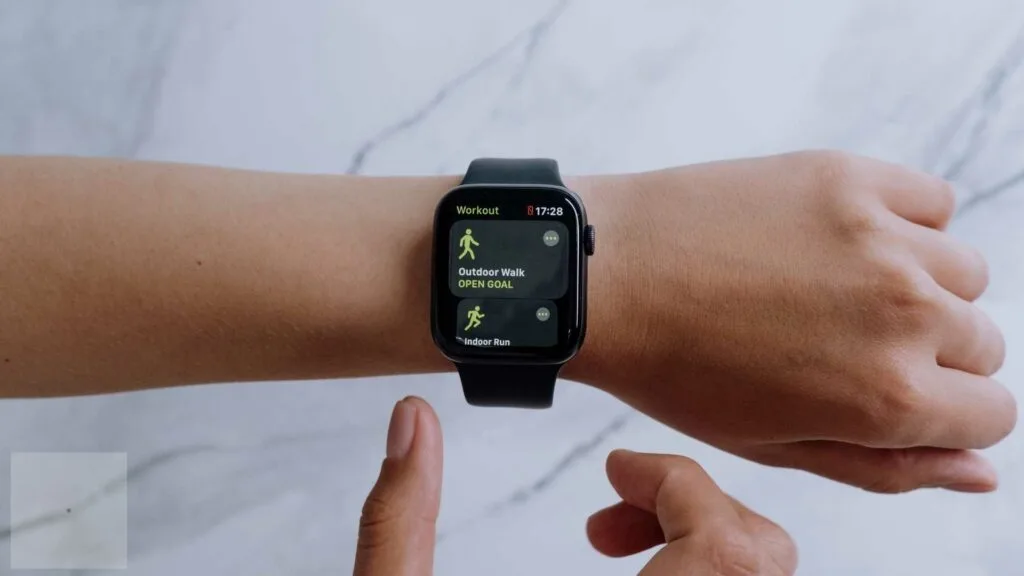Imagine wearing a device that doesn’t just count your steps but also keeps an eye on your heart rate, blood pressure, and sleep patterns, all in real-time.

With the help of AI, this data isn’t just collected – it’s also analyzed to spot any unusual changes and predict health problems before they get serious. This means you can make better decisions about your health and take action to prevent issues.
But how does this technology really work, and what does it mean for your health? Let’s look at how smart wearables and AI are changing the way we manage our wellness.
The Growth of Wearable Technology
Wearable tech has come a long way, from basic step counters to advanced devices that can monitor a whole spectrum of health metrics.
Earlier, these gadgets just recorded how many steps you took and estimated calories burned. Now, they can track your heart rate, give a detailed sleep data analysis, and even measure blood oxygen levels. Some devices can also check your stress by looking at heart rate variability.
These improvements help you understand your body’s needs better and make changes to your lifestyle. It isn’t unheard of for wearables to even give personalized health advice based on the data they collect.
Thanks to these advancements, wearables have become key tools in helping you maintain a healthy lifestyle and stay aware of your well-being.
AI’s Role in Health Monitoring

Artificial intelligence (AI) is crucial in improving how wearable devices track your health. AI algorithms analyze the data these devices collect, giving you deeper insights into your health patterns.
They can detect abnormal heartbeats, check the quality of your sleep, and even predict health problems before they become serious.
Benefits of Real-Time Data Tracking
Wearing smart devices lets you monitor vital signs like heart rate, blood pressure, and oxygen levels all the time. This information helps you understand how your body reacts to daily activities, stress, and exercise.
If your data shows unusual patterns, you can quickly make changes, whether it’s adjusting your routine or seeing a doctor. Instant alerts from your wearable can warn you of potential health issues, letting you nip them in the bud.
Having access to this data makes it ultimately easier to reach personal goals, showing you clear progress along the way.
Predicting Health Risks With AI
Using the power of AI, smart wearables can predict health risks by analyzing vast swathes of data and finding patterns that you might miss.
By constantly monitoring your habits, vital signs, and even sleep patterns, AI algorithms can detect conditions like high blood pressure or irregular heartbeats.
Imagine getting a notification about a sudden drop in oxygen levels. This allows you to take action right away, such as consulting your doctor or implementing lifestyle changes.

AI in Smart Wearables: Real-Time Health Monitoring Revolution
As smart wearables and AI technology continue to evolve, they bring unprecedented changes to how we manage our health.
These advanced devices don’t just passively collect data; they actively help us understand and improve our well-being. With real-time monitoring and intelligent analysis, we are more able than ever to make informed decisions about our lifestyle and health.
The future promises even more innovations. So, fasten your seatbelt and get ready for the ride.

Jessi is the creative mind behind The Coffee Mom, a popular blog that combines parenting advice, travel tips, and a love for all things Disney. As a trusted Disney influencer and passionate storyteller, Jessi’s authentic insights and relatable content resonate with readers worldwide.
